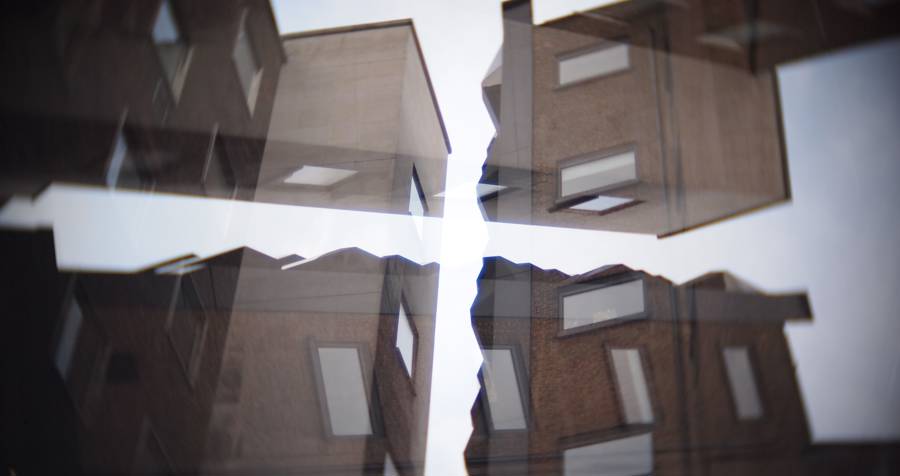Certificate on the condition of the co-ownership: a new era of transparency for real estate transactions.
Condo sellers and buyers must be extra cautious.

News
Certificate on the condition of the co-ownership: a new era of transparency for real estate transactions
Since August 14, 2025, the landscape of co-ownership transactions has undergone a profound transformation. A major reform of the Civil Code of Québec now requires any co-owner selling their unit to obtain from the syndicate a certificate on the condition of the co-ownership, which must be provided to the buyer before the sale is finalized.
This new measure, presented by Me Yves Joli-Cœur, distinguished lawyer, partner at Dunton Rainville, and president of the RGCQ, was recently highlighted in Le Journal de Montréal.
A measure that will transform the co-ownership market
In an article published on October 20, 2025, titled “Condo sellers and buyers: beware of the new certificate!”, journalist Stéphane Desjardins underscores the significance of this reform and its concrete effects on Québec’s real estate market.
Under Article 1068.1 of the Civil Code of Québec, the syndicate must now provide, within 15 days of a request from a co-owner, a certificate summarizing the financial, insurance, and technical condition of the co-ownership.
As Me Joli-Cœur explains:
“A buyer could discover that large sums are missing from the contingency fund and decide to withdraw their offer or negotiate a lower price. I am convinced that this new regulation will have a major impact on the co-ownership market.”
The certificate thus becomes a tool for transparency and accountability: well-managed buildings will gain in value, while those poorly administered may see their worth decline.
This reform aligns fully with the RGCQ’s mission to promote rigour and sound governance in co-ownership management.
Increased pressure on poorly managed co-ownerships
According to Me Joli-Cœur, this reform will make struggling syndicates more visible:
“The new regulation will expose co-ownerships that are poorly organized or in difficulty.”
The most vulnerable syndicates will be those:
-
whose contingency fund is insufficient;
-
whose maintenance logbook is not up to date;
-
that have not yet completed their contingency fund study;
-
or that struggle to maintain sound governance.
These shortcomings could have serious consequences: units that are harder to sell, loan refusals from financial institutions, or even loss of insurance coverage.
A new obligation for syndicates: transparency
For syndicates, the certificate represents a new responsibility — to keep records up to date and maintain thorough documentation of their management.
This requirement reflects a broader goal: the professionalization of co-ownership management in Québec.
Work planning, sound financial monitoring, and meticulous recordkeeping are now essential to prevent disputes and reassure potential buyers.
Long-term structural effects
The impact of this measure extends far beyond individual co-owners.
-
Real estate brokers must ensure that the certificate is provided before the promise to purchase.
-
Notaries must verify its compliance.
-
Lenders and insurers now have a more accurate tool to assess risk.
In the long run, this greater transparency will strengthen the stability of the real estate market and the protection of buyers.
A reform welcomed by experts
The certificate on the condition of the co-ownership marks a decisive step toward greater transparency in the co-ownership sector. It encourages all stakeholders — co-owners, directors, and managers — to adopt a more responsible approach.
The RGCQ also provides syndicates with a model certificate that can serve as a reference in implementing this new obligation. [It is available here.]
Key takeaway:
This reform ensures that buyers no longer bear the cost of past mismanagement and can properly assess potential risks — a major step forward toward a healthier, more transparent co-ownership market.
Login to view this content
Become a member
Access all our services and a vast network of experts by becoming a member of the RGCQ.